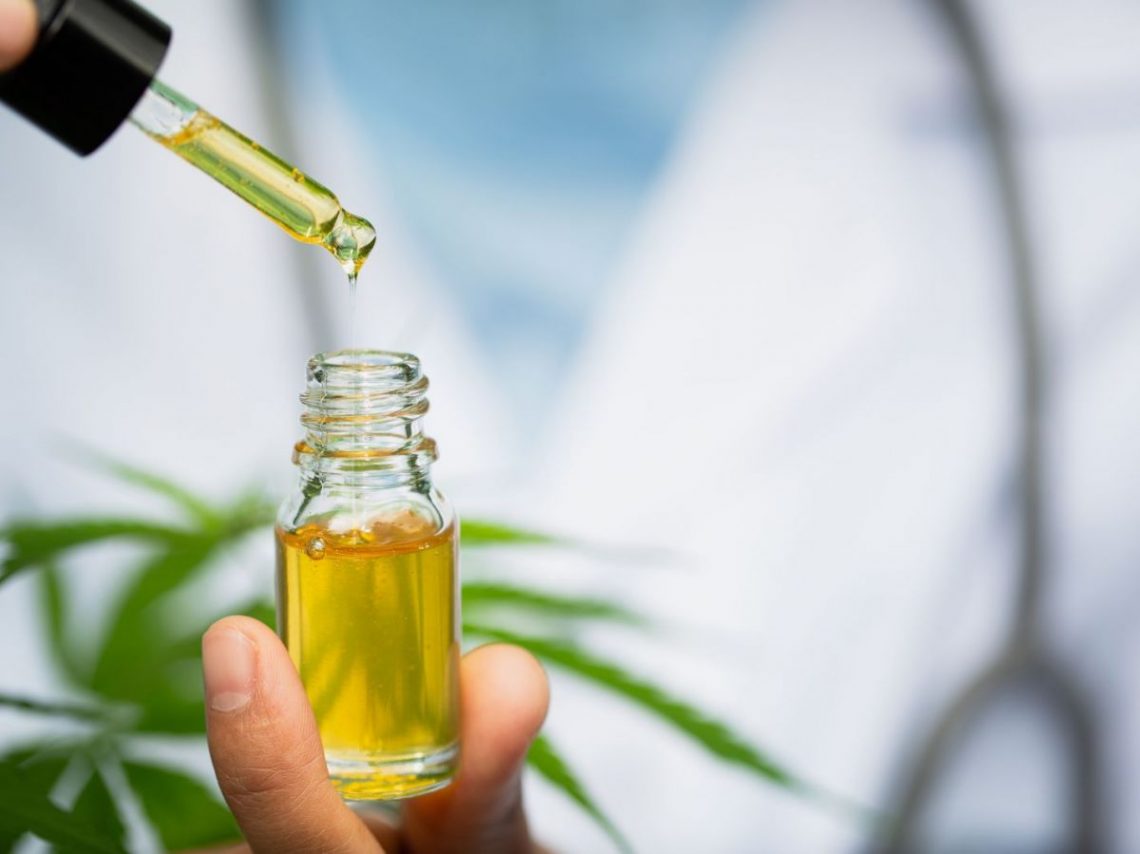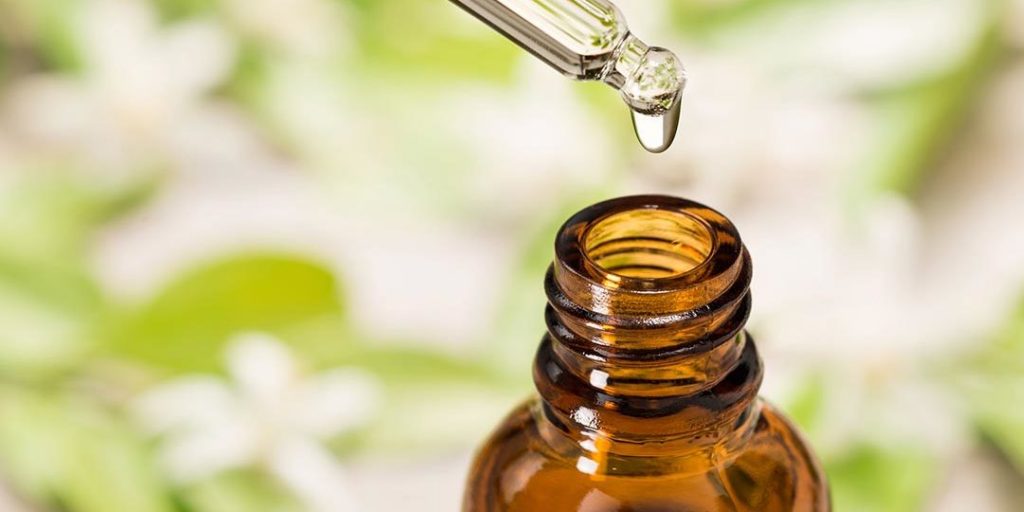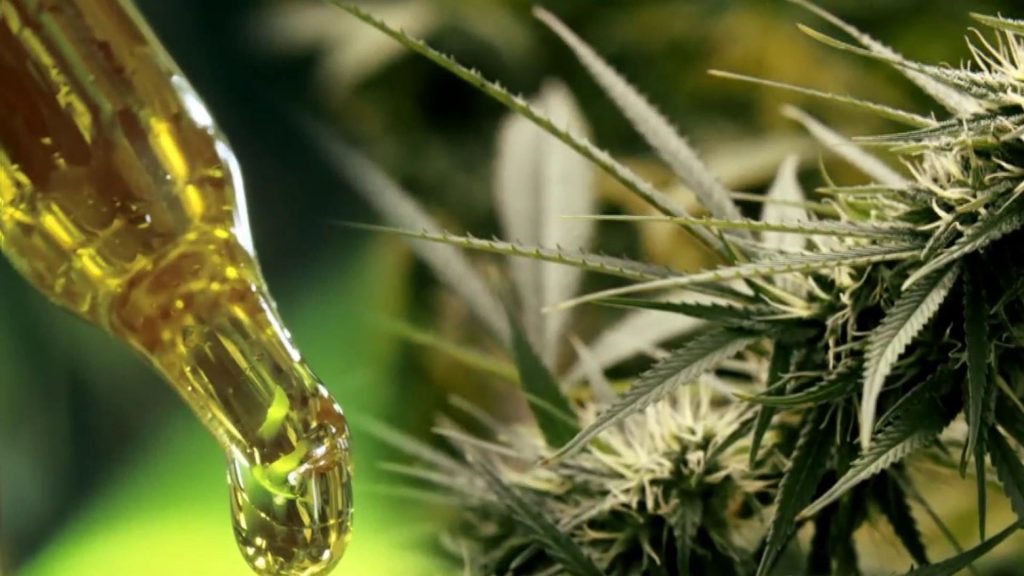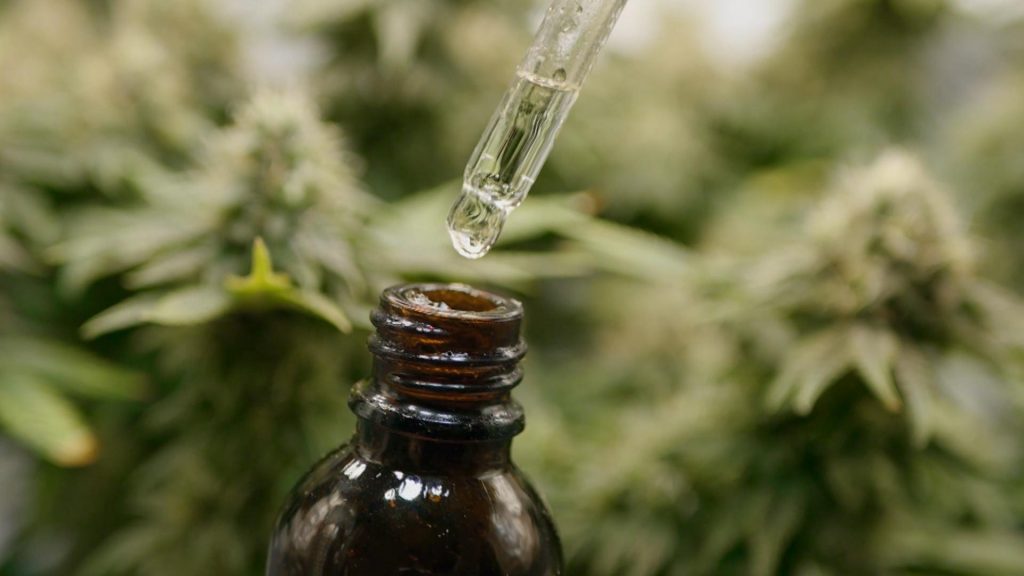
CBD Legal Status By States
Cannabidiol (CBD) is one of the most popular natural remedies used to treat a variety of ailments, but its legal status varies from state to state. With so much confusion swirling around cannabis-derived products, it’s important to understand the differences between hemp- and cannabis-derived products and the regulation surrounding them. From heavy metal content requirements to labeling requirements for dietary supplements, this article will explore the complex legal landscape of CBD use by the state.
Overview of CBD Legal Status by States
CBD is a cannabinoid found in the cannabis plant, which can be derived from both hemp and marijuana. Hemp-derived CBD contains very low levels of the psychoactive compound THC, whereas marijuana-derived CBD has higher levels. In most states, CBD products are legal as long as they contain less than 0.3% of THC on a dry weight basis. While some states have put regulations in place to control the sale and manufacture of hemp-derived products, Rhode Island is one of only two states that still prohibit the production and sale of all hemp-derived products, including CBD.
Additionally, many states require that hemp-derived products be tested for heavy metals or other contaminants and must meet certain labeling requirements when sold as dietary supplements. Though these regulations vary from state to state, it’s important to ensure that any CBD product purchased is compliant with local laws before consuming it.

Cannabis Sativa: Nature and Characteristics
Cannabis Sativa is a species of flowering plant in the Cannabaceae family. It is one of the oldest and most widely cultivated plants in the world, with a history stretching back thousands of years. Cannabis Sativa plants are hardy, drought tolerant, and can grow up to 10 feet tall under optimal conditions.
They produce flowers that contain resinous glands that create chemical compounds like delta-8 THC, CBD, and other cannabinoids. These chemical compounds interact with our body’s endocannabinoid system to produce various therapeutic effects. Cannabis Sativa also contains terpenes which give it its distinctive smell and flavor.
Depending on how it is grown and processed, Cannabis Sativa can be used for a variety of medical conditions or recreational purposes as well as industrial hemp products like rope, textiles, paper, biodegradable plastics, biofuel, food additives, and much more.
CBD, Delta-8 THC, and Psychoactive Compound Content
Cannabis Sativa plants contain a variety of chemical compounds that are produced by the plant’s resinous glands. These include CBD, Delta-8 THC, and other psychoactive compounds. CBD is a non-psychoactive cannabinoid that has been linked to therapeutic effects in humans, including relief from anxiety and pain. Delta-8 THC is an analog of Delta-9 THC, the main psychoactive substance found in cannabis. It is less potent than Delta-9 and may produce milder psychotropic effects compared to its counterpart. Other psychoactive compounds found in Cannabis Sativa can also produce various effects depending on the concentration of each compound present.
When it comes to hemp-derived products such as dietary supplements or topicals, these are typically derived from hemp plants which contain much lower levels of these psychoactive substances than what is found in marijuana strains. Hemp plants contain 0.3% or less of Delta-9 THC on a dry weight basis, which is well below the legal limit set by the 2018 Farm Bill in the United States and most other countries. Hemp-derived CBD products are also subject to stringent tests for quality, safety, and potency with many manufacturers voluntarily testing for heavy metals, pesticides, and other contaminants to ensure their products meet strict quality standards before being sold to consumers.
Definition of CBD and Delta-8 THC
Cannabidiol (CBD) is a non-psychoactive cannabinoid found in Cannabis Sativa plants, which has been linked to therapeutic effects in humans. It is often used in the form of CBD oil, tinctures, and edibles to treat conditions such as anxiety, chronic pain, and inflammation. On the other hand, Delta-8 THC is an analog of Delta-9 THC, the main psychoactive substance found in cannabis.
It produces milder psychotropic effects compared to its counterpart and is typically found in lower concentrations than Delta-9 THC. Both CBD and Delta-8 THC are regulated by law depending on the state and country where they are being sold or consumed.
In general, hemp-derived products containing 0.3% or less of Delta 9 THC on a dry weight basis are legally permissible for commercial sale and consumption within most jurisdictions worldwide.
Differences between Hemp-Derived Products and Cannabis-Derived Products
The key difference between hemp-derived products and cannabis-derived products is their THC content. Hemp-derived products are derived from industrial hemp, a type of Cannabis Sativa plant that contains less than 0.3% Delta 9 THC on a dry weight basis, making them non-psychoactive. On the other hand, cannabis-derived products are derived from marijuana plants which contain higher concentrations of the psychoactive compound Delta 9 THC. Depending on the state and country in which they are being sold or consumed, various laws may apply to both types of products.
Hemp-derived CBD products typically contain a range of beneficial chemical compounds such as terpenes and flavonoids, as well as trace amounts of heavy metals. These compounds can provide therapeutic benefits without producing any psychoactive effects. Cannabis-derived products can also have therapeutic effects but due to their higher concentration of Delta 9 THC, may cause more intense psychoactive effects in users. Furthermore, hemp-derived products may be legally purchased in many countries around the world and used as dietary supplements while cannabis-derived products remain illegal in most jurisdictions unless prescribed by a doctor for the treatment of a specific medical condition.
Regulations on Heavy Metals in CBD Products
Heavy metals such as lead and mercury are toxic substances that can be found in CBD products. The presence of heavy metals in these products can have serious health consequences for consumers, so regulations must be put in place to ensure the safety of CBD users.
The FDA has issued guidance on the acceptable levels of various heavy metals such as lead, cadmium, and arsenic in CBD products. Above these established limits, the presence of hazardous contaminants could potentially cause adverse reactions or other health risks upon ingestion. Furthermore, manufacturers must also adhere to good manufacturing practices (GMP) when producing CBD products to guarantee their quality and safety.
Consumers need to be aware of potential hazards when purchasing CBD products online or from local stores and retailers. Before making a purchase, it is recommended that buyers read product labels carefully and research the company behind the product to ensure they abide by FDA standards and GMP regulations. Additionally, customers should also look out for third-party lab tests confirming that the product contains safe levels of heavy metals before making a purchase. By taking these precautions, consumers can make sure they are buying safe and reliable CBD products every time they shop.
FDA Regulation on Hemp-Derived Products
The FDA is responsible for regulating hemp-derived products, including those that contain CBD. The agency has set out specific guidelines to ensure these products are manufactured safely and responsibly, to protect public health. Before a hemp-derived product can be sold, manufacturers must obtain approval from the FDA in the form of a New Dietary Ingredient Notification or a Food Additive Petition. These petitions must include detailed information about the product’s ingredients, manufacturing processes, and potential risks.
The FDA also requires that all hemp-derived products meet certain requirements before they can be sold. For example, manufacturers must prove that their products contain less than 0.3% THC on a dry-weight basis, as this psychoactive compound can have serious psychoactive effects on consumers. Additionally, any claims made about the benefits of taking hemp-derived CBD products must be supported by scientific evidence.
By making sure these regulations are adhered to, the FDA is helping to protect consumers from potentially dangerous or ineffective hemp-derived products and promoting the safe use of CBD in America.

Different Types of Hemp Laws in Different States
Hemp laws vary from state to state, and it is important to understand the legal status of hemp in your area before engaging with the industry. Generally speaking, hemp is defined as a Cannabis sativa plant that contains less than 0.3% delta-8 THC on a dry weight basis. In some states, industrial hemp can be grown for research purposes or as part of an existing agricultural pilot program. Other states may allow the cultivation of hemp plants for use in producing hemp products such as dietary supplements, textiles, and food products.
However, it is important to note that CBD derived from hemp is still considered a Schedule I illegal drug under federal law; while there are no criminal penalties associated with the possession of CBD products in certain states, their sale may be restricted. Additionally, all CBD-containing products must meet FDA standards to be legally sold – this includes ensuring all ingredients are safe for human consumption and free from heavy metals and other contaminants.
As regulations surrounding hemp continue to evolve, individuals must remain informed about their local laws before engaging with the industry or using any cannabis-derived products.
Rhode Island Hemp Laws
Rhode Island is a progressive state in terms of hemp laws. The state recognizes the many potential benefits of hemp, including its use for food, fiber, and fuel. As a result, Rhode Island has allowed the cultivation of industrial hemp since 2013. In addition to this, hemp-derived products are also permitted in the state. This includes CBD products made from hemp plants that contain no more than 0.3% delta-8 THC on a dry-weight basis.
Furthermore, these products must meet all FDA standards before they can be legally sold in Rhode Island markets. Additionally, those who wish to grow their hemp plants must obtain a license from the Department of Business Regulation’s Division of Agriculture and complete an annual application process. Hemp farmers must also comply with any applicable federal regulations regarding commercial agricultural production and marketing activities related to industrial hemp.
By adhering to these guidelines, Rhode Islanders can benefit from the wide range of uses offered by this versatile plant while staying within the bounds of local law.
Other U.S. States’ Laws for Industrial Hemp Production/Use
The laws regarding industrial hemp production and use vary from state to state in the United States. Generally, most states permit the cultivation of industrial hemp as long as it is done in compliance with all applicable federal regulations. Hemp plants must have a THC concentration of no more than 0.3% on a dry weight basis and must meet FDA standards before they can be legally sold in markets.
In addition, some states have established specific guidelines that farmers must follow when cultivating industrial hemp such as obtaining a license from the Department of Business Regulation’s Division of Agriculture or completing an annual application process. Farmers need to understand their local laws to ensure that their activities are compliant with both state and federal regulations. By doing so, farmers can reap the many benefits offered by this versatile plant without risking criminal penalties for illegal drug activity.
Medical Conditions Qualifying for CBD Use Under State Law
Most states have legalized the use of hemp-derived CBD products for medical purposes, but each state has different regulations regarding which conditions qualify for use. Generally, CBD products can be used to treat certain chronic or debilitating medical conditions such as cancer, multiple sclerosis, Parkinson’s disease, HIV/AIDS, and epilepsy.
In addition, some states require that a patient has tried other treatments first before being allowed to use CBD products. For example, in Rhode Island and Vermont, only individuals with a terminal illness are eligible for legal access to medical cannabis including hemp-derived CBD products. Furthermore, some states may also require that patients receive a specific recommendation from their doctor stating that traditional treatments have not been effective and recommending the use of hemp-derived CBD as an alternative form of treatment.
Dietary Supplement Labeling Requirements for Hemp-Derived CBD Products by State
The labeling requirements for hemp-derived CBD products vary by state. In general, all dietary supplement labels must include the name of the dietary supplement, a list of ingredients, the amount of each ingredient, and any warnings associated with use. Additionally, some states may require additional verdifull info such as a statement about net weight or serving size and instructions for proper use.
When it comes to hemp-derived CBD products, labels should also include a disclaimer stating that the product does not contain more than 0.3% THC on a dry weight basis. This is important to ensure that consumers are aware that these products are not psychoactive and do not produce any of the effects associated with cannabis plants containing higher levels of the psychoactive compound THC.
Furthermore, hemp-derived CBD products must be tested for heavy metals to meet FDA standards and should also include details regarding testing methods used to verify purity and quality on their labels. By understanding labeling requirements for hemp-derived CBD products by state, consumers can make informed decisions when choosing which products are right for them.
By understanding labeling requirements for hemp-derived CBD products by state, consumers can make sure they are getting the safe and effective product they expect. And with the FDA’s recent approval of a drug containing CBD as an active ingredient, the potential benefits of this powerful compound become even more clear.

Overview of FDA-Approved Drug Containing CBD as an Active Ingredient
The U.S. Food and Drug Administration (FDA) recently approved a drug containing CBD as an active ingredient, Epidiolex. This groundbreaking move marks the first FDA-approved drug to contain a cannabis-derived compound and is set to provide relief for those suffering from certain forms of epilepsy. Epidiolex contains purified CBD oil that has been extracted from hemp plants. It is also the first FDA-approved drug to contain delta-8 THC, another chemical compound found in cannabis sativa plants.
The approval of this medication highlights the potential therapeutic benefits of CBD and other compounds derived from hemp plants, signaling an important step forward for the hemp industry. While more research is needed to confirm its efficacy, this FDA-approved drug provides hope for individuals with medical conditions seeking alternative treatments that may offer relief not found with traditional therapies.
Conclusion
CBD products derived from hemp are legal in most states, however, the exact legal status varies depending on the state. Labeling requirements for hemp-derived CBD products must also be considered when purchasing these products. Additionally, the recent approval of a drug containing CBD as an active ingredient by the FDA demonstrates the potential therapeutic benefits of compounds derived from hemp plants and provides hope for those seeking alternative treatments.





